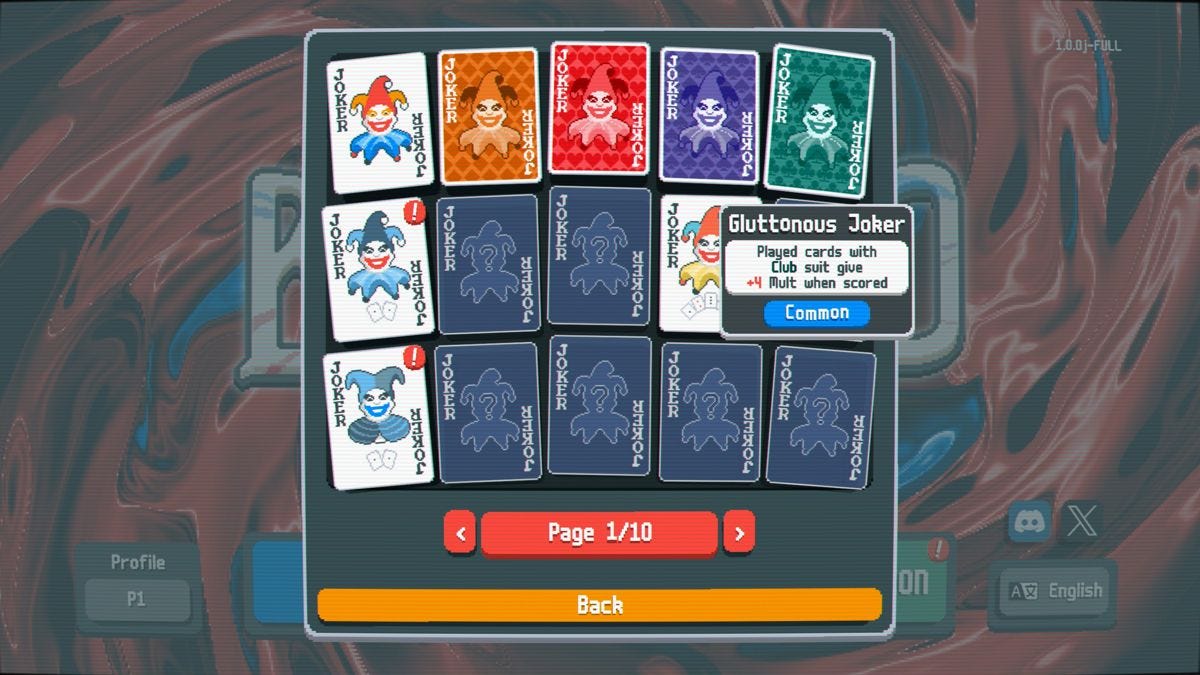Games are Compulsions
What makes games valuable and dangerous is how much we want to continue playing them
A couple of recent pieces about games and their addictive qualities and danger, both Frank Lantz’s below and Just One More touch on the fraught relationship between experiences like gambling and game design. Where does one end and the other begin?
There Is No Line
It's fun and nice and comforting to hold the belief that there is a wide dividing line between "bad things" like gambling, loot boxes, and addictive behavior, and good things in games like learnings, logic puzzles, and moments of delight. But these things aren't cut and dried. On a purely philosophical level we know that people play slot machines not to win money but to enjoy the feeling of continuing. How should one draw the line between that and someone putting some money into Candy Crush to continue playing? There’s no easy answer.
Take the loot box for example. We know, definitively, that randomized reward schedules are both exciting for the brain to receive and habit forming. The uncertainty makes us want more. Built in the service of a game like... say... Balatro, and this habit forming signal might seem good, like a way to deepen our understanding of they system. Built in service of slot machines, it might seem easier to make these things seem bad.
This isn't meant as a defense of slot machines, or an argument that all games are slot machines. But the compulsion is part of the beauty and the enjoyment of games. It's not a subtle add-on or a tactic to get us to want to play more. The reason we play more and the reason we are compelled to play more are the same. The combination of problem solving, art, and mechanical actions are deeply compelling to us as players, and that makes us want to do them more.
I think it's fair and reasonable and good for us to sort them into socially beneficial or negative behaviors, but there aren't games without compulsions, or at least the potential for compulsion.
Compulsive Adjacency and Greatness
The compulsion that leads someone like Steph Curry or Caitlin Clark to become the best 3-point shooters in the history of basketball aren't any different from the compulsion of trying to get better at Balatro, to beat all of the chips on every level of difficulty. It's the alchemy of an interesting problem to solve and a behavior that we find especially pleasurable. Whether that's the mechanical motion of shooting a basketball or shuffling a deck of cards and picking which to keep and which to throw away.
But this does cause a problem. It causes a problem because part of the point of art, in many ways, is to be anti-compulsion. It's for us to step back and rise above our habitual behaviors. I think it's partially why game playing is seen as childish. For a long time growing into adulthood meant doing things for a purpose. To set aside your desires and to accomplish something greater than yourself. Game playing, in many ways is the opposite. It's the enthusiastic researching and understanding the boundaries of those desires. The desire for a perfect combo, the desire to solve a puzzle, or the desire to throw a perfect pass.
The Social Sphere
It's also a problem because it means we have to set external limits on when and how we deem playing to be ok. Sure we would say the same thing about other forms of art, I suppose. Reading too much or spending too long in a museum. But those pursuits are often the concerns of a person who is particularly predisposed to that medium or that passion. Games are a medium that, in some sense, demands that sort of engagement. The rewards only get greater as you are more compelled.
It also poses a challenge for people who love games, because the idea that games have to have external/social boundaries seems like it's the antithesis of what the last 20 years have been litigating in the public.
The notion (and danger) of self-control are never that far away from one another when it comes to games. More than that, for many games the interweaving of compulsion and danger is part of the fun. Football and hockey are about controlled violence. Poker is about controlled financial risk taking. As Derek Yu likes to say (I'm paraphrasing here), players get to choose when they stop playing the games.
Intent Matters
But I think it’s possible to do both. I think it’s possible to accept the fact that games, as part of their nature, can be compelling and addictive, while also respecting other values and benefits they can provide. But in order to do so it requires setting social boundaries around what sort of compulsion loops we find acceptable and which we don’t. And here, I think, intent on the part of the designer really matters. The purpose of many loot systems and gambling mechanisms isn't to create delight, it’s to tap into that compulsion loop to efficiently extract money out of the people who play. The fact that some people might enjoy it is irrelevant to that outcome. We all know that playing poker with pennies and playing with thousands of dollars is materially different. We can accept that while there might be fuzziness on the borders, the further you move in either direction (towards or away from loops that are designed to addict) the resolution gets much clearer. And it’s worth it, as game designers, and as players, to call it out.




